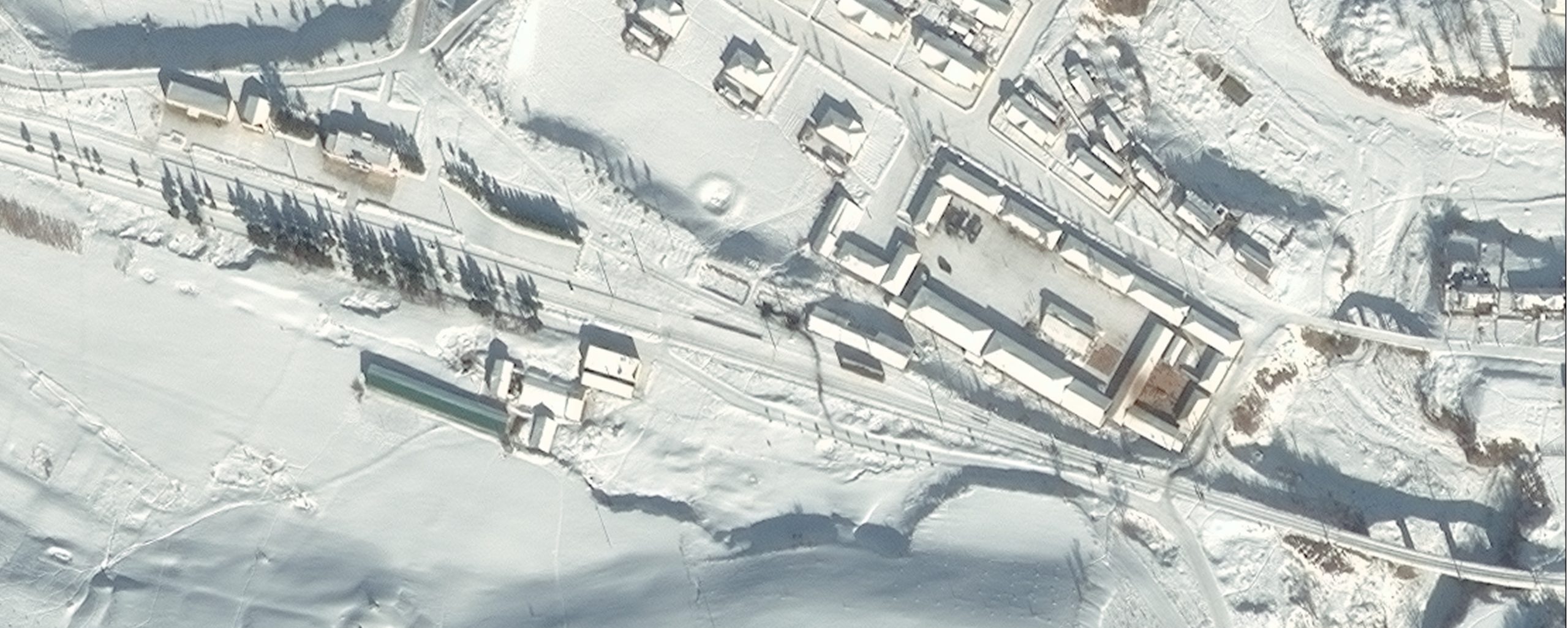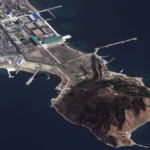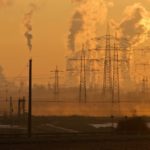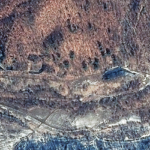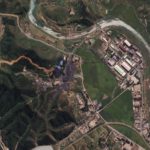High Resolution is a CSIS video series created and produced by the Dracopoulos iDeas Lab and features CSIS experts. The series utilizes satellite imagery, advanced mapping, and open source analysis to address critical geopolitical challenges around the globe. Each video produced by Beyond Parallel showcases a key facility in North Korea with commentary from CSIS experts Victor Cha and Joseph S. Bermudez Jr.
FEATURED
Located 338-kilometers north of the demilitarized zone and only 25-kilometers from the Chinese border in Chagang Province, the Hoejung-ni missile operating base will, according to informed sources, likely house a regiment-sized unit equipped with intercontinental ballistic missiles (ICBM).
Using unique off-nadir imagery collection, this report provides a close-up focus of the test launch sites, ports, and related facilities at Sinpo South Shipyard. This is the first of several Sharp Focus reports providing a unique view of the Sinpo South Shipyard, Sinpo area, and Mayang-do navy facilities using a remarkable high off-nadir (HON) image collected by Maxar Technologies during April 2021.
Although significant political barriers remain to reconnecting the Korean peninsula, there is merit in substantive study of the types of energy infrastructure connections that would best promote regional growth and stability. The cases examined in this report underscore North Korea’s dire need for energy infrastructure investment and the importance of it meeting the G20 quality infrastructure investment principles.
Located approximately 52 kilometers north of the DMZ and 125 kilometers north of Seoul, the Kal-gol missile operating base is one of the most developed of North Korea’s approximately 15-20 undeclared ballistic missile facilities. This base likely houses a reinforced brigade-sized unit equipped with 500-kilometer-range Hwasong-6 (Scud C) short-range ballistic missiles (SRBM) or Hwasong-9 (Scud-ER) medium-range ballistic missiles (MRBM).
The Pyongsan Uranium Concentrate Plant represents a critical component of North Korea’s nuclear research and weapons development programs. Through analysis of 100+ medium- and high-resolution declassified and commercial satellite images, this report aims to provide a new and unique look into the facility. It is also the second publication in a series analyzing North Korea’s uranium concentrate plants as well as one of the most comprehensive collections of unclassified information and satellite imagery presently available of the Pyongsan facility.

